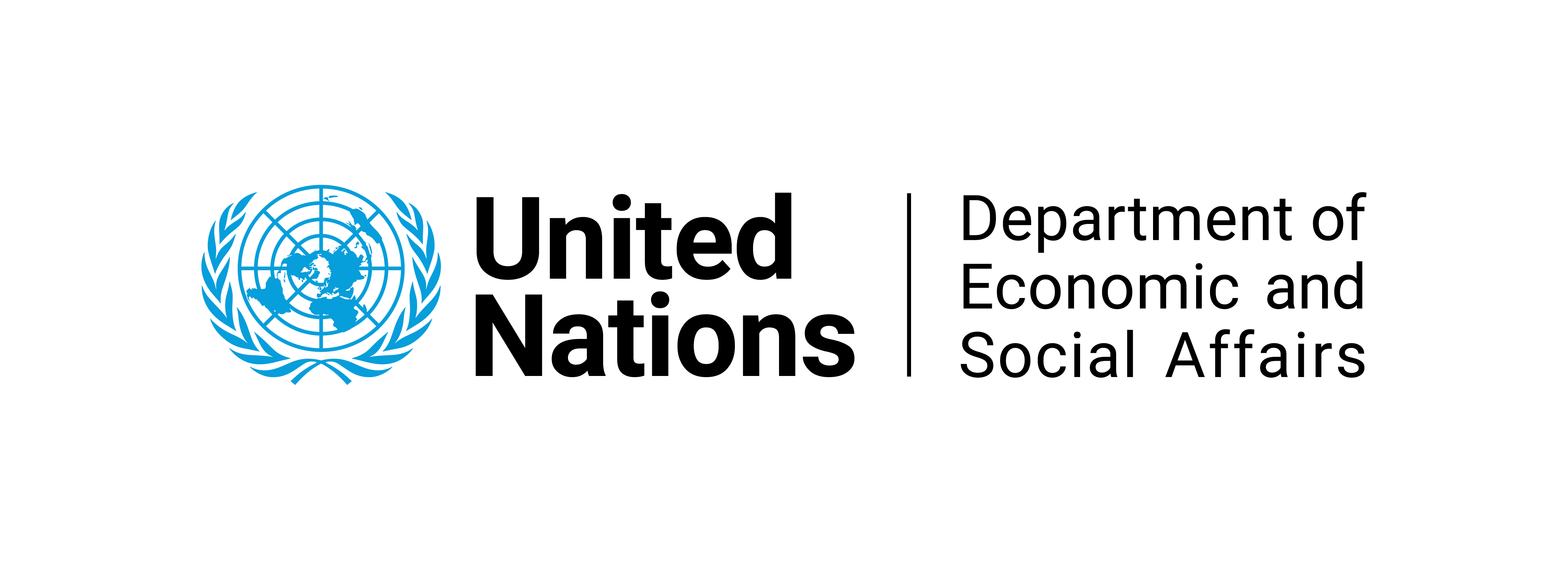8.7 Quality evaluation and certification of NSOs#
8.7.1 Quality Evaluation#
Quality evaluation may be conducted for organizations as a whole, not just individual statistical processes and their outputs.
Typically, such an evaluation is conducted with reference to a code of practice or similar standard. A good example is the programme of Peer reviews in the European statistical System (🔗) with the immediate aim of determining the degree of compliance to the ES CoP and the ultimate objective of enhancing the integrity, independence and accountability of the NSOs that make up the ESS. A first round of peer reviews was carried out in 2006-2008; a second round was launched in 2013 and completed in 2016.
8.7.2 Certification#
Quality certification applies to an NSO as a whole and refers to conformance with an internationally recognised standard or other formal criteria, typically a generic quality management system, such as the ISO:9001, or the EFQM Excellence Model, or Lean Six Sigma. It is awarded by an independent external body that specialises in certification.
As previously noted, the decision of whether or not to seek quality certification depends upon the particular circumstances of the organization. It may want the discipline of seeking certification primarily as a means of inducing a culture of quality. It may be expected to seek certification as part of a government-wide quality initiative.
Due to the general nature of the quality management standard on which certification is based, it is almost certain that the activities, tools and document associated with certification will not, by themselves meet the detailed needs associated with quality assurance at the statistical process level. Thus, an accompanying and complementary quality assurance framework is necessary.
